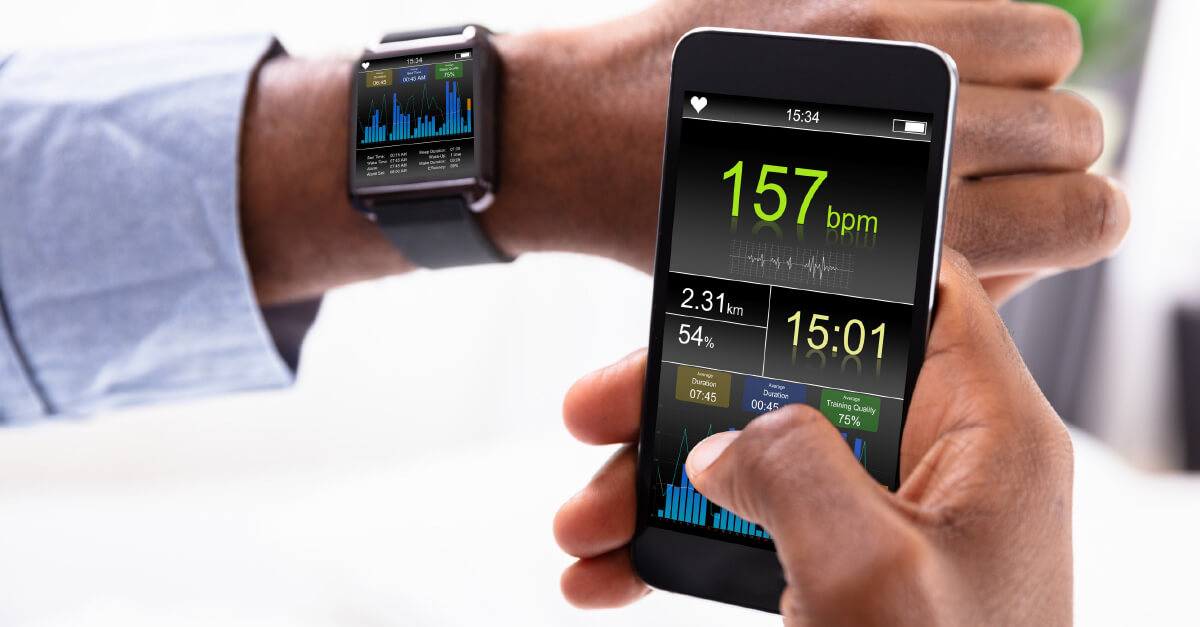

Nov. 4, 2019
Wearable technology has moved from being something of a novelty, to a powerful aid that provides actionable insight informed by medical science.
A new generation of medical-grade wearable technologies that could help flight crews improve how they monitor and maintain their health and fitness, particularly those who fly long international trips, is expected to hit the market soon.
Using sensors and computational power unlike anything previously available to the public, these new “wearables” are being developed following the successful adoption of fitness tracking devices – now used by 60 million Americans each month – and the prevalence of online apps that have increased awareness of the importance of healthy lifestyles.
“These are very exciting times,” says Dr. Michael Wolf, Senior Associate Consultant and Health Technology Expert in Mayo Clinic’s Division of Preventive, Occupational and Aerospace Medicine. “Wearable technology has moved from being something of a novelty, to a powerful aid that provides actionable insight informed by medical science.”
“Wearable tools are ubiquitous enough, and the demand from aviators and society as a whole is strong enough, where we can start moving into technology that can incorporate biologic data. That is where we take wearables to another level,” says Wolf.
There will be tangible benefits for those who adopt these next-generation wearables, which could range from patches and coin-sized clips to smart watches. The information gathered by the new-generation wearables will be more accurate and comprehensive than currently obtainable and backed by a higher degree of medical validation.
Artificial intelligence also will help summarize the large amounts of data into understandable and usable information that will enable crew members and their doctors to make more-informed decisions about health and effects.
For crew members who regularly cross multiple time zones, these new wearables also will be a trip preparation asset. In addition to providing medically-reviewed data to improve sleep patterns, diet and exercise, these technologies will be able to monitor things like blood sugar levels, noise and light exposure, and recommend actions that mitigate the adverse effects of international flight.
Importantly, says Wolf, “I expect that these next leaps in technology will aid us in our quest to help flight crews perform at an even higher level and be even more proactive in keeping themselves healthy.”
A deeper understanding of how pilots react to and interact with aircraft and aircraft systems also will improve aviation safety, he adds.
With so many health-related technology products already on the market and a new generation of technology coming in the next year or so, what should long-distance pilots look for if they are interested in using an app or a wearable?
Wolf’s advice is to keep it simple and focus on technologies you know you will use and will help simplify your life.


 International Business Aviation Council Ltd.
International Business Aviation Council Ltd.